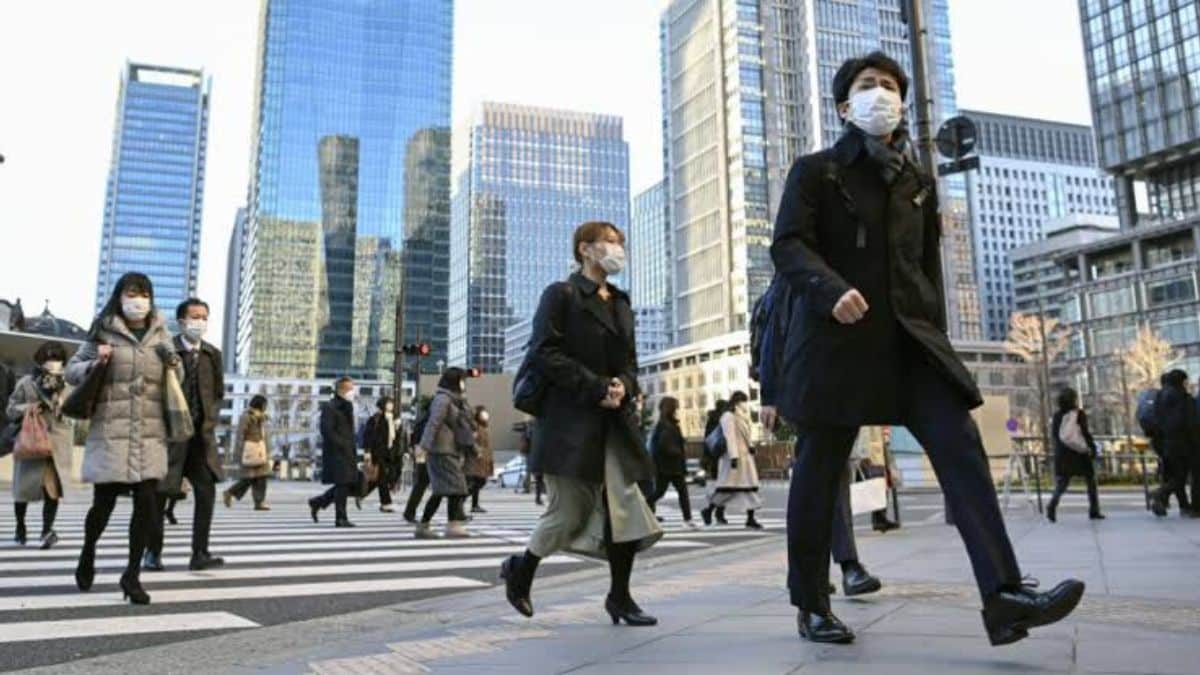Japan’s labor market experiences a shift, real wages adjusted for inflation increased for the first time in 27 months in June, according to data released by the labor ministry on Tuesday. This rise, marked at 1.1% year-on-year, signals a potential turning point in the nation’s economic landscape, driven by significant wage hikes negotiated during this year’s “shunto” spring labor negotiations.
The increase in real wages comes after a prolonged period of stagnant or declining wages, reflecting higher base salaries and substantial bonuses that have accompanied robust corporate earnings. The average nominal wage per worker reached ¥498,884, up 4.5% from the previous year, marking a continuation of wage growth that has now persisted for 30 consecutive months. Notably, nonregular pay, including bonuses, surged by 7.6%, while regular pay saw a 2.3% rise—the largest increase in nearly three decades.
The positive development in real wages could potentially stimulate private consumption, offering a boost to economic growth. However, the outlook remains uncertain. Questions over an anticipated economic slowdown in the U.S. and recent declines in Japanese stock prices, exacerbated by the yen’s rapid appreciation, may dampen consumer sentiment and temper the anticipated economic rebound.
The consumer price index, excluding imputed rent, which is used to calculate real wages, advanced by 3.3%, remaining steady from the previous month. While this data suggests some economic relief, a labor ministry official voiced caution, noting that the wage growth was significantly influenced by the increase in nonregular pay. Nevertheless, the official expressed optimism that real wage growth could be sustained due to the resumption of government subsidies for utility bills in August and potential reductions in import prices resulting from the yen’s appreciation.
Further details from the report revealed that average nominal wages for full-time workers, including regular employees, increased by 4.9% to ¥664,455, while wages for part-time workers rose by 5.7% to ¥121,669. Despite these gains, the average monthly work hours per person declined by 2.8% to 140.5 hours.
Overall, the rise in real wages marks a significant development in Japan’s economic recovery efforts, though the broader impact on consumer behavior and economic stability will require careful monitoring in the coming months.

